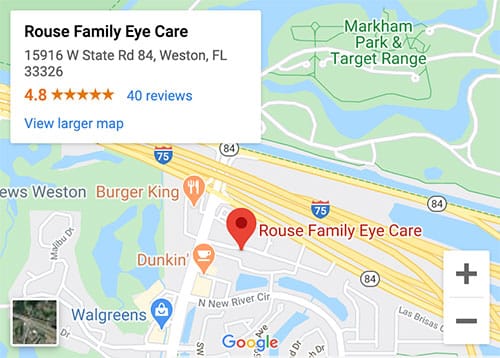3 Things to Know About Your Meibomian Gland
The meibomian gland can be found on your eyelid, and its purpose is to secrete the oil that helps to keep dry eyes at bay. Because it’s not always a standard topic of conversation though, it’s easy to overlook. We’ll tell you what you should know about these glands and why it’s important to treat them if they fail to produce.
MGD Is Extremely Common
The meibomian glands can be found at the edges of the eyelid. When you close your eyes, the oil will coat the surface and prevent the water element of your tears from drying up. While tear film might seem like little more than saltwater, the oil from the gland plays a key role too.
If the glands aren’t secreting oil though, the condition is known as meibomian gland dysfunction (MGD). Unfortunately, dysfunction of the gland is not only common, it’s also often asymptomatic. Without treatment, it can increase the odds of eyelid inflammation or dry eye symptoms.
Certain oils can also be used to supplement your diet and ensure overall wellness. An eye examination in Weston, FL can help you learn more about whether you have MGD and to what extent it’s impacting your life.
Treatment Is Typically Holistic
The eyelids are delicate, which is why things like warm compresses, massages, and scrubs, and fish oils may be used to bring the glands back to life. MGD is often caused by a blockage that can be removed by applying pressure to it and breaking up the ‘crust’ that may have formed. Those who seek out dry eye treatment in Weston, FL are often amazed at just how much better they feel after taking action.
A Qualified Doctor Can Diagnose MGD
In an age of screen proliferation, it’s no wonder MGD is so common. The right eye doctor in Weston, FL can improve the health of these glands (and thus, the health of your eyes). They can tell you more about which kinds of treatments will have the best effects.
If you have questions about the cause of your dry eye, Rouse Family Eye Care is here to help. Contact our staff today to learn more about whether your meibomian glands need treatment.





Leave a Reply
Want to join the discussion?Feel free to contribute!